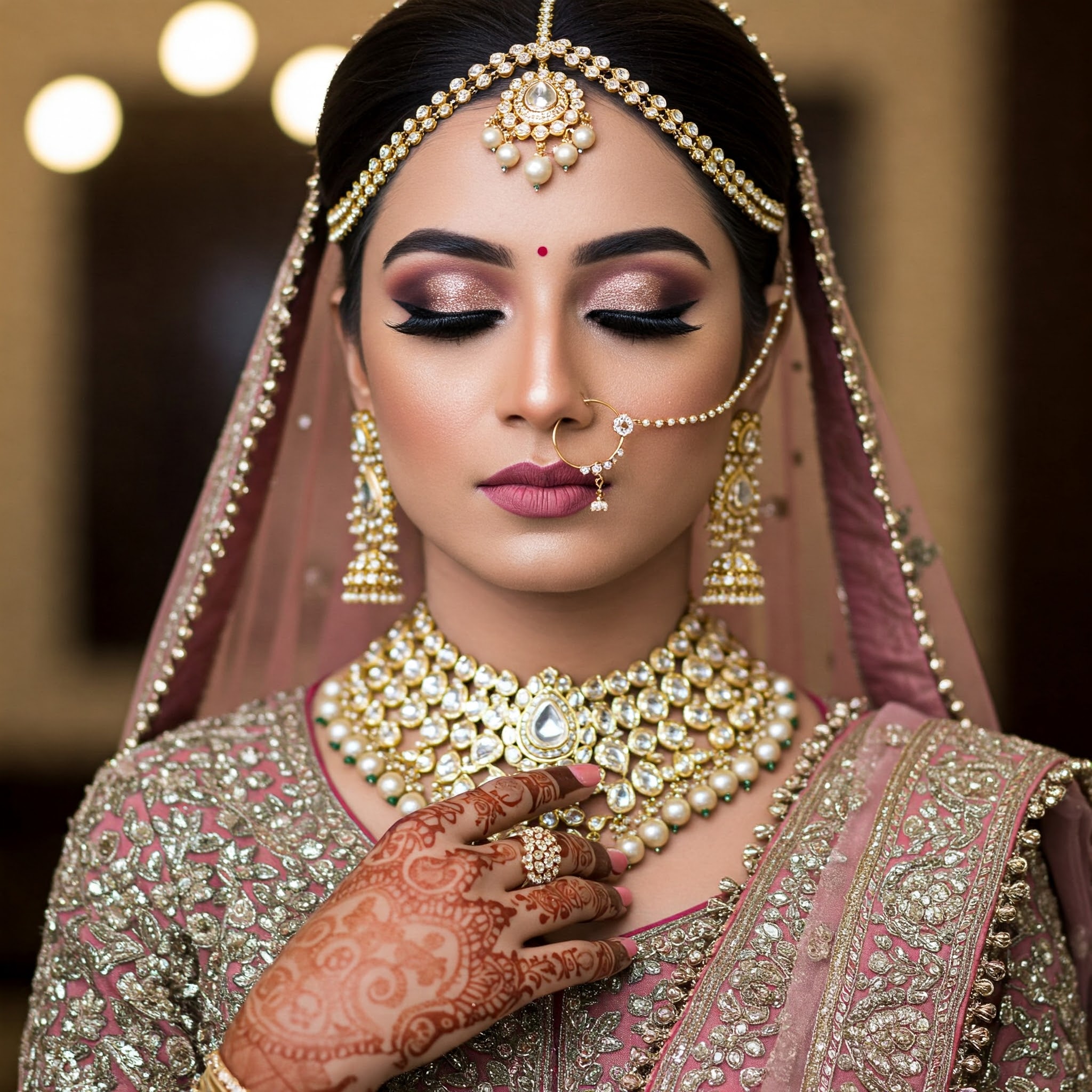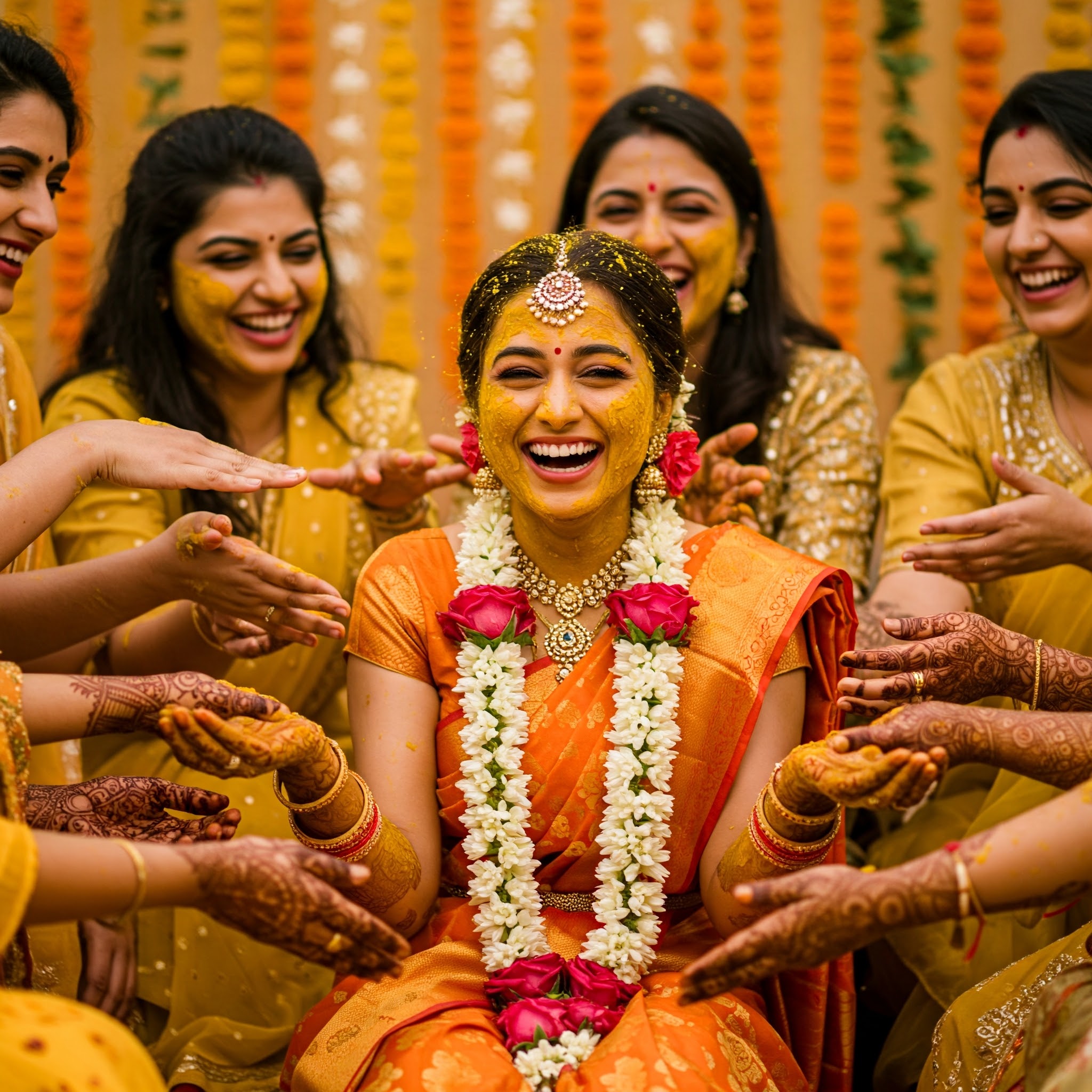
Second Chance Matches: Divorced, Widowed, or Remarried Individuals
17-Jul-2025 digi shaadi
Introduction: Love After Loss and Uncertainty
In India, marriage is often seen as an irreversible life chapter. But life happens: people divorce, lose partners, or face widowhood. These experiences were traditionally bound by stigma. Today, however, as societal attitudes shift and online matrimony tools mature, “second chance” matches are emerging as paths to healing, companionship, and even rediscovered happiness.
This blog explores:
The evolving social stigma around second marriages
-
How online matrimony supports remarried individuals
-
Key features tailored for divorced/widowed users
-
Emotional and practical considerations for starting over
-
Tips for approaching second chance matches wisely
We’ll also connect these insights to trusted DigiShaadi research—their tools and expert blogs that provide deeper insights into emotional compatibility, family dynamics, and safety.
1. The Social Reality: Facing Stigma and Embracing Change
Second marriages historically carried negative stereotypes in India:
Divorcees often dealt with social “character checks”
-
Widows/Widowers faced emotional judgments and familial pressure
-
Both groups faced questions like, “Why couldn’t you stay married?”
But the 2020s have brought a shift. Life expectancy has risen, divorce rates have increased, and financial independence—especially among women—has grown. Society is slowly opening doors to second chance love, especially in urban and semi-urban areas.
Still, stigma remains—worse in conservative spaces. That’s why online platforms offer a private, respectful environment, enabling individuals to make a fresh start without judgment.
2. Why Online Matrimony is a Better Option for Second Marriages
a. Privacy
Divorced or widowed individuals often want a clean slate. Matrimony apps let users:
-
Control profile visibility
-
Share personal history selectively
-
Keep digital footprints discreet from acquaintances
b. Targeted Filtering
Online tools allow filters like:
-
“Divorced only” / “Widowed only”
-
Age, children, education, and relocation openness
-
Cultural or religious restrictions of both parties
These filters eliminate mismatches early on and speed up emotional alignment.
c. Emotional Safety
Profiles can include honest relationship history—no need for awkward explanations in early conversations. This clarity fosters trust, which is especially important for second marriages.
3. Designing Profiles for Second Chances
A respectful and honest profile often includes:
Polite mention: “recently divorced” or “widowed for X years”
-
Aspirations: remarriage, no children, open to children
-
Partner preferences, including location and lifestyle
-
Transparency about values, hobbies, and personality
This directness signals emotional maturity—something validated in DigiShaadi’s advice on successful profile building.
4. Family Expectations & Acceptance
Remarriage challenges family perceptions. For example:
How will in-laws respond to stepchildren?
-
Will a second wife or husband have full acceptance in the household?
-
Are religious rituals required for marriage?
Smart platforms include family access profiles, allowing immediate relatives to view and approve profiles discreetly—avoiding formal meetings until emotions are right.
5. Children, Parenting & Re-Marriage
Many second marriages involve one or both partners with children. Common concerns:
-
Will the partner accept stepchildren?
-
Where will the children live post-marriage?
-
How do we balance parenting styles?
Online tools can filter profiles by openness to parenting arrangements. Some platforms even offer remarriage counselling services to facilitate blended-family discussions early.
6. Finding Love Within the Community
Many second-time singles still prefer matches within their faith community due to traditions, ease of rituals, and family acceptance. Divorced Christian women in Chennai or Hindu widowers in Delhi can more easily connect with someone who understands their life stage and social background.
Still, there’s growing openness to second marriages beyond religious lines, fostering religiously diverse matches where emotional compatibility matters more than faith.
7. Emotional Maturity & Healing
DigiShaadi research highlights that second-chance matches often reflect deeper emotional maturity:
-
Awareness of what went wrong in past relationships
-
Clarity on non-negotiables
-
Less driven by urgency—more by healthy compatibility
Conversations often go deeper faster—within the first 2–3 chats—because both partners have experienced life’s complexities.
8. Overcoming Dealbreakers Early
Second-chance matches can fail due to avoidable issues like:
-
Health issues (e.g., someone recovering from illness)
-
Emotional baggage (e.g., coping with grief or divorce)
-
Conflicts over family integration
Matrimonial platforms now allow honest filters like “health condition disclosure” or “date of divorce”, so both parties know if their expectations align.
9. Astrology & Compatibility Checks
Some still use horoscope matching in second marriages—often to satisfy family or cultural scripts. Remarried individuals tend to:
-
Use astrology optional as a symbolic reassurance
-
Overemphasize emotional compatibility first
-
Consult astrologers only to smooth family acceptance
Platforms integrate Kundli tools while ranking emotional maturity and cultural values higher—echoing trends from tools like DigiShaadi’s hybrid matrimony AI.
10. Faith and Spiritual Alignment
Remarriage often carries spiritual questions:
-
Is remarriage acceptable in my religion?
-
Does my faith allow children from a previous marriage?
-
What ceremonies or rituals must be performed?
Platforms now include filters like “remarriage-approved religious affiliation” or “remarriage rituals support”. This enables users to find spiritually compatible matches without face-to-face auditions.
11. Legal & Practical Considerations
Second marriages often come with more complexities:
-
Divorce paperwork, legal clearances
-
Existing alimony, child custody agreements
-
Travel restrictions, visa compatibilities
-
Asset division and financial independence
Premium platforms offer legal guidance tools and partner with independent consultants—supporting users through the transition.
12. The Role of Professional Guidance
Therapists, spiritual counsellors, and divorce coaches often guide second-time singles on:
-
Navigating grief or guilt
-
Rebuilding self-confidence
-
Honoring past relationships while building future ones
Some portals even include referrals to these experts—rich resources not available in first-time matchmaking.
13. Digital Events & Secured Communication
Second-marriage users often prefer:
-
Webinars on “blended family dynamics”
-
Workshops for divorced singles rediscovering trust
-
Secure chat setups that only unlock after initial approval
These community tools foster trust and help users connect with others in similar emotional stages.
14. Balancing Urgency with Patience
Time matters less in second marriages. Unlike arranged first marriages with parental deadlines, remarriages often allow more emotional space.
Some users may take 6+ months to be ready or only explore matches part-time. Platforms adapt by allowing flexible profile activation and scheduled matchmaking support.
15. When Younger Matches Start Being Considered
Post-40 divorces may lead individuals to seek younger partners. This reverses the typical age-gap trend, as mature individuals focus more on emotional alignment.
Platforms feature filters like “10–15 years younger” or “no age restriction,” creating reminders that second chances look different.
16. Blending Generational Values
Second-time couples often blend:
-
Practical wisdom from past marriage
-
Bold choices (international relocation, career changes)
-
Desire for deeper communication and trust
This dynamic creates partnerships where both individuals are clearer about what they want—a healthy foundation for lasting bonds.
17. The Rise of Alternative Matchmaking: LGBTQ+ and Non-Traditional Families
Some second-marriage users may involve gender or sexual identity shifts. Advanced platforms now provide filters for:
-
LGBTQ+ inclusive remarriage
-
Polyamorous, open-marriage contexts
-
Consultations on child custody in same-sex relationships
This signals a broader empathy and inclusivity in second chance-matching communities.
18. Measuring Long-Term Outcomes
Metrics from mature portals show:
-
Lower divorce rates in second marriages (due to higher emotional maturity)
-
Higher marital satisfaction scores (2018–2025 longitudinal study among remarried users)
-
Greater engagement in counseling and community support
These stats, while private, signal a growing data-driven acceptance of second marriages.
19. Future Trends in Second Marriage Search
We predict:
-
Use of AI-driven emotional intelligence games
-
Personality tests tailored for divorcees or widows
-
Hybrid matchmaking events in major metros
-
Globalized second marriages (cross-national matches) with legal support
-
Spiritual mentoring and holistic well-being integrations
Conclusion: A New Chapter…
Second marriages are not “plan B” — they represent wisdom, resilience, and conscious partnership. Through tailored online platforms, respectful filtering, legal and emotional support, and community understanding, divorced, widowed, or remarried individuals are rediscovering love—without stigma and with dignity.
May every second chance be a first-class opportunity.




